On World Heart Day (29 Sep), we spotlight the subtle symptoms of heart trouble, fatigue, chest discomfort, breathlessness, and why regular checkups are crucial to catch heart risks early. Don’t let your heart’s whispers go unheard.
Heart disease remains the leading cause of death worldwide, and Singapore is no exception. According to the Singapore Heart Foundation, cardiovascular disease accounted for nearly one in three deaths locally in recent years. Yet, many heart problems don’t announce themselves with dramatic, crushing chest pain. Instead, they begin with subtle, easily overlooked symptoms. Understanding these early warning signs can be lifesaving.
The Quiet Warnings: Early Signs of an Unhealthy Heart

- Unusual Fatigue: Persistent, unexplained fatigue is one of the most common early signs of heart trouble. This isn’t the usual tiredness after a long workday or a late night. It’s a deep, ongoing exhaustion that lingers even after a full night’s sleep or proper rest. You may find yourself winded after climbing a short flight of stairs or feel wiped out just doing daily chores. This happens because your heart may not be pumping blood efficiently, reducing oxygen delivery to your muscles and organs. Unusual fatigue is a key early warning sign. Other subtle signs include mild chest pressure and shortness of breath. Ignoring these silent symptoms can be dangerous.
- Chest Discomfort: Chest pain is the classic heart attack symptom, but many people, especially women, experience milder forms of discomfort. This may feel like pressure, tightness, or a squeezing sensation in the chest, rather than sharp pain. Sometimes, it’s mistaken for indigestion or muscle strain. If this discomfort persists or is accompanied by other symptoms, it should never be ignored.
- Breathlessness: Shortness of breath, even during light activity or at rest, can signal heart trouble. When the heart struggles to pump blood, fluid can build up in the lungs, making it harder to breathe. If you notice you’re getting winded more easily than before, especially without a clear reason, it’s time to get checked.
- Discomfort in Other Areas: Heart-related discomfort isn’t limited to the chest. Pain or aching can radiate to the arms (often the left), jaw, neck, back, or even the stomach. These symptoms are often written off as muscle strain or tension, but if they persist or recur, they warrant medical attention.
- Dizziness, Cold Sweats, and Nausea: Feeling dizzy, lightheaded, breaking into a cold sweat, or experiencing nausea can also be silent signs of a heart problem. These symptoms are sometimes mistaken for viral infections or simple stomach issues, but in the context of other warning signs, they could point to a heart attack.
Why Are These Symptoms So Easily Missed?

Many silent heart symptoms are subtle and develop gradually. In Singapore’s fast-paced society, it’s common to attribute fatigue or breathlessness to stress, lack of sleep, or simply “getting older.” Women, in particular, are more likely to experience atypical symptoms and may dismiss them as anxiety or indigestion.
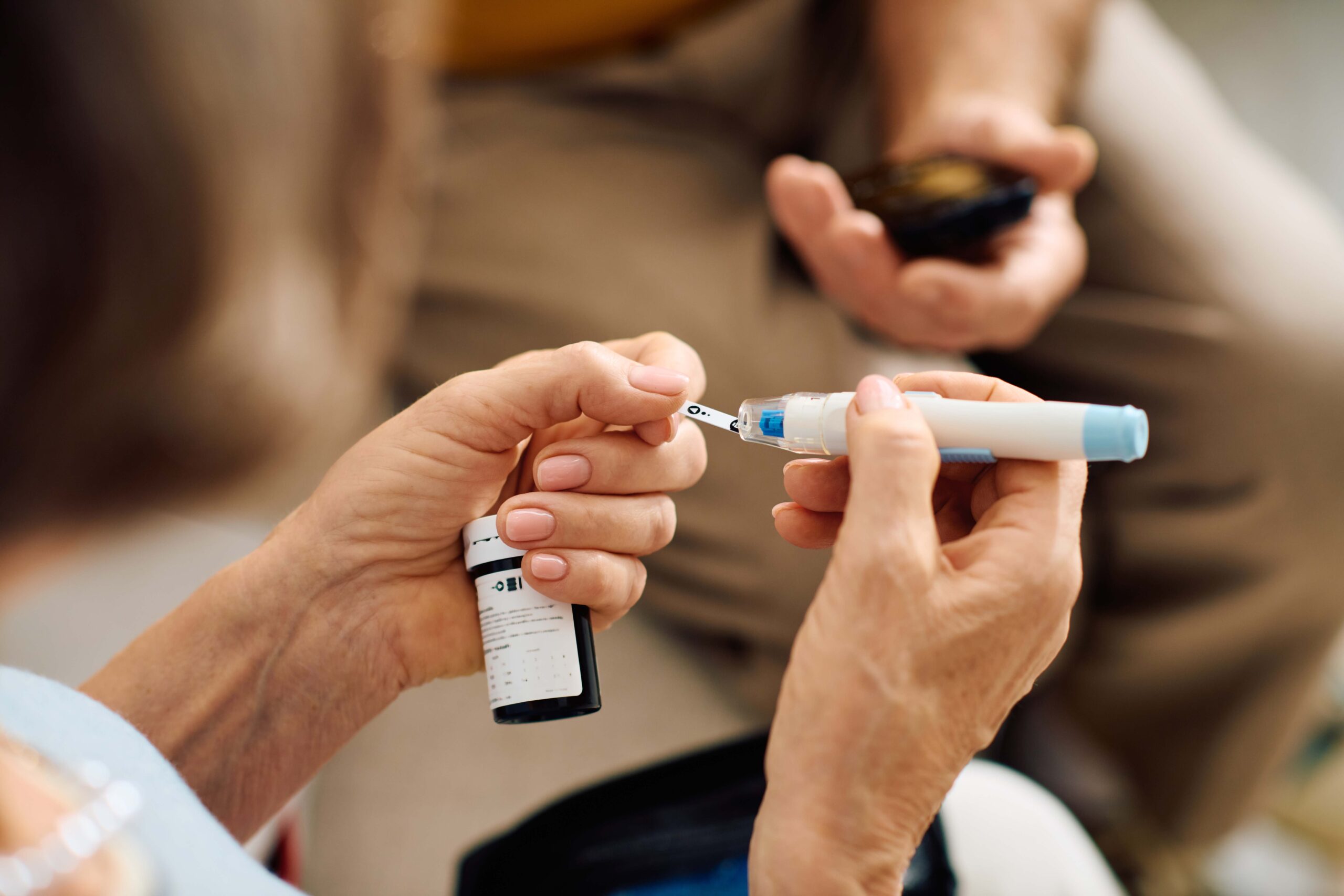 People with diabetes are also at higher risk of silent heart attacks because nerve damage can blunt pain sensations, making symptoms less noticeable. Those with high blood pressure, high cholesterol, or a family history of heart disease should be especially vigilant.
People with diabetes are also at higher risk of silent heart attacks because nerve damage can blunt pain sensations, making symptoms less noticeable. Those with high blood pressure, high cholesterol, or a family history of heart disease should be especially vigilant.
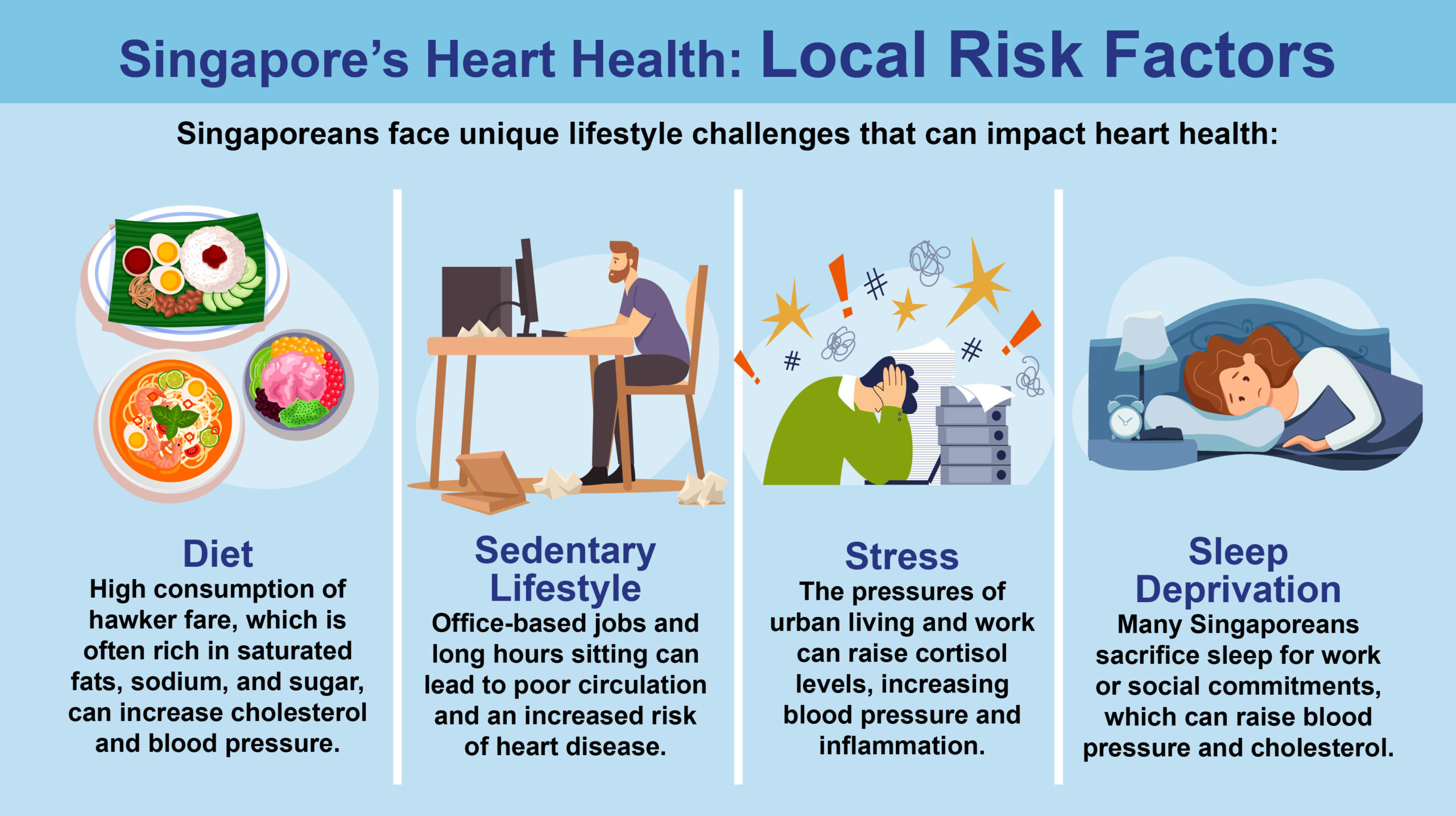
- Diet – What Can You Do Instead: Choose dishes with lean proteins (like fish or skinless chicken), fresh vegetables, and whole grains. Opt for soup-based or grilled items instead of fried. Request less salt, sauce, or oil, and limit sugary drinks. Consider home-cooked meals or make healthier picks at food centres.
- Sedentary Lifestyle – What Can You Do Instead: Incorporate movement into your day—even short walks every hour, taking stairs, or stretching in your workspace. Schedule regular exercise outside work: brisk walking, cycling, or swimming, aim for at least 150 minutes weekly.
- Stress – What Can You Do Instead: Practice stress management techniques such as mindfulness meditation, yoga, deep breathing, or even short breaks for relaxation. Maintain supportive social connections and seek help if stress becomes overwhelming.
- Sleep Deprivation – What Can You Do Instead: Prioritise sleep as an essential part of health—aim for 7–8 hours per night. Keep a regular sleep schedule, create a restful environment, and limit screen time before bed.
These changes, supported by Singapore healthcare initiatives, can help counter the risk factors behind rising heart disease rates
The Importance of Regular Heart Checkups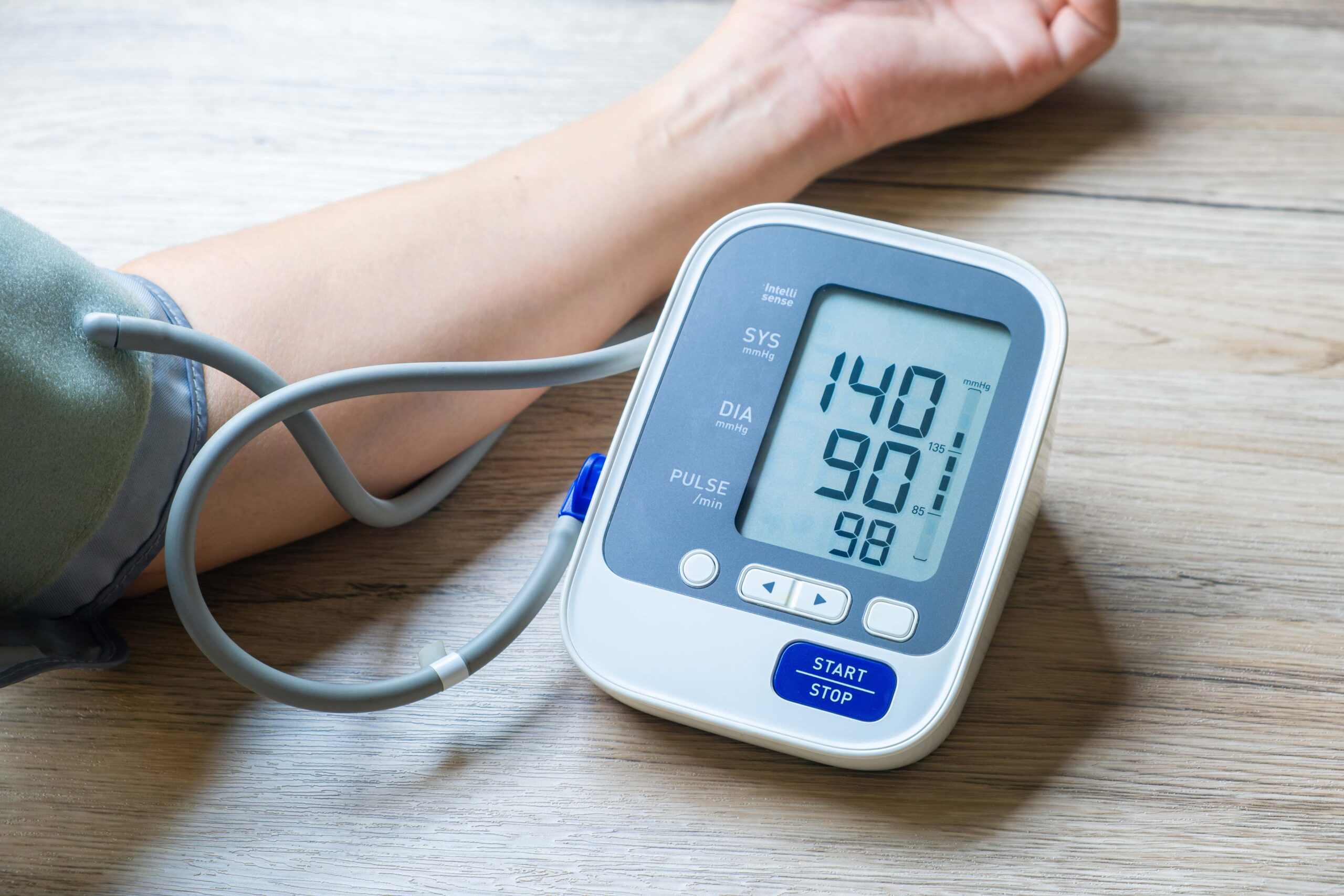
Catching heart disease early can prevent serious complications. Here’s what everyone should consider:
-
- Blood Pressure Screening: High blood pressure is a silent killer. Regular checks can catch it before it causes damage. You can regularly monitor it at home with an automated blood pressure device. A healthy blood pressure is typically below 120/80mmHg for adults. If your readings consistently reach 130/80mmHg or higher, or if you get a single reading above 140/90mmHg, it is advisable to consult a doctor. Persistent high readings, or any reading above 180/120mmHg, require immediate medical attention, even if you feel fine.
- Cholesterol Tests: High cholesterol often has no symptoms but can clog arteries over time. These tests are usually done at clinics, but some home kits are available.
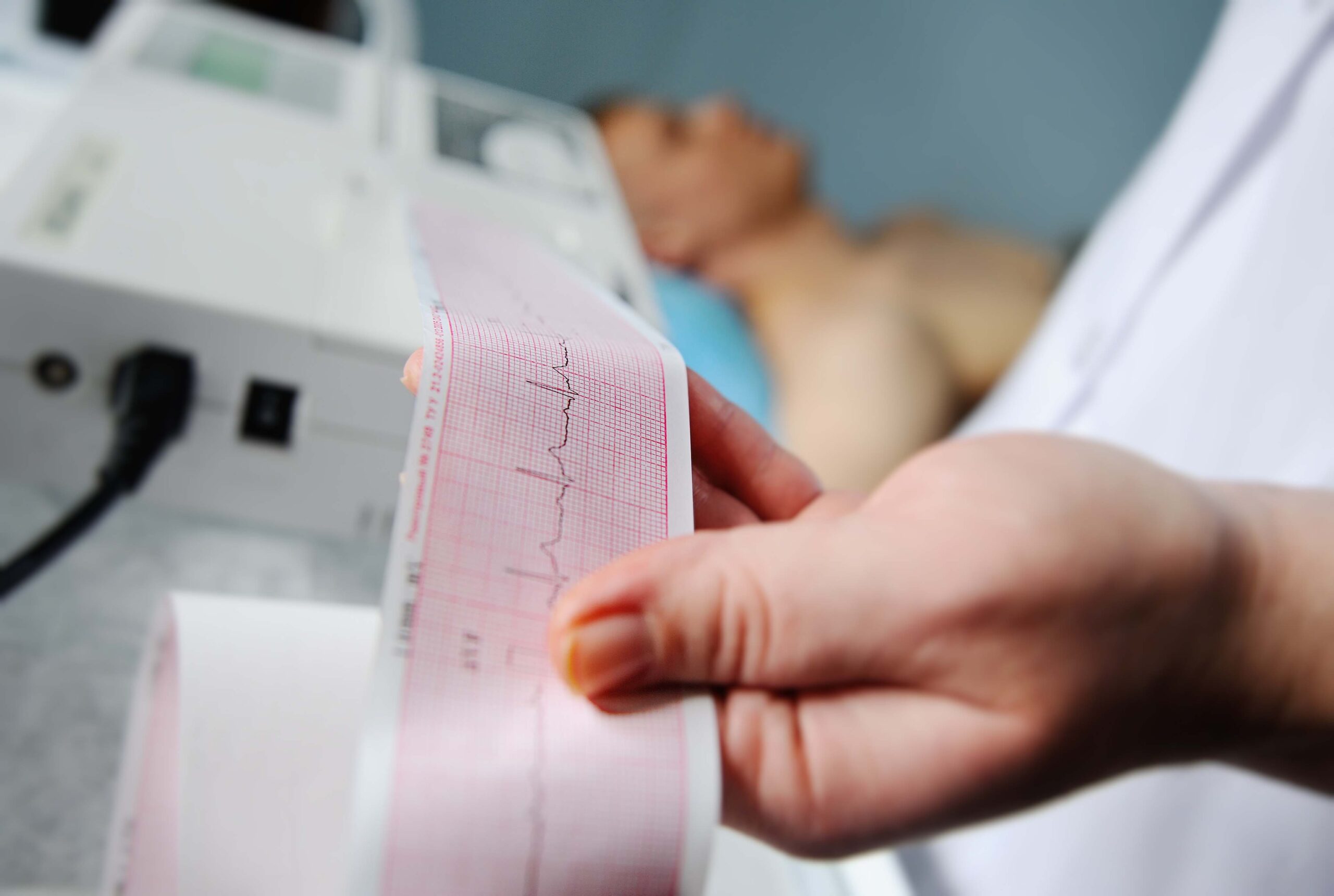
- ECG (Electrocardiogram): This painless test can detect irregular heart rhythms or signs of a previous silent heart attack.
- Diabetes Screening: Diabetes increases heart disease risk and can mask warning symptoms. Routine blood glucose testing is possible at clinics or with home glucometers.
- Lifestyle Assessments: Doctors may also check your weight, waist circumference, and discuss your diet and exercise habits.
Many clinics and hospitals in Singapore offer comprehensive heart health packages, especially around World Heart Day. Don’t wait for symptoms, be proactive
What to Do If You Notice Silent Symptom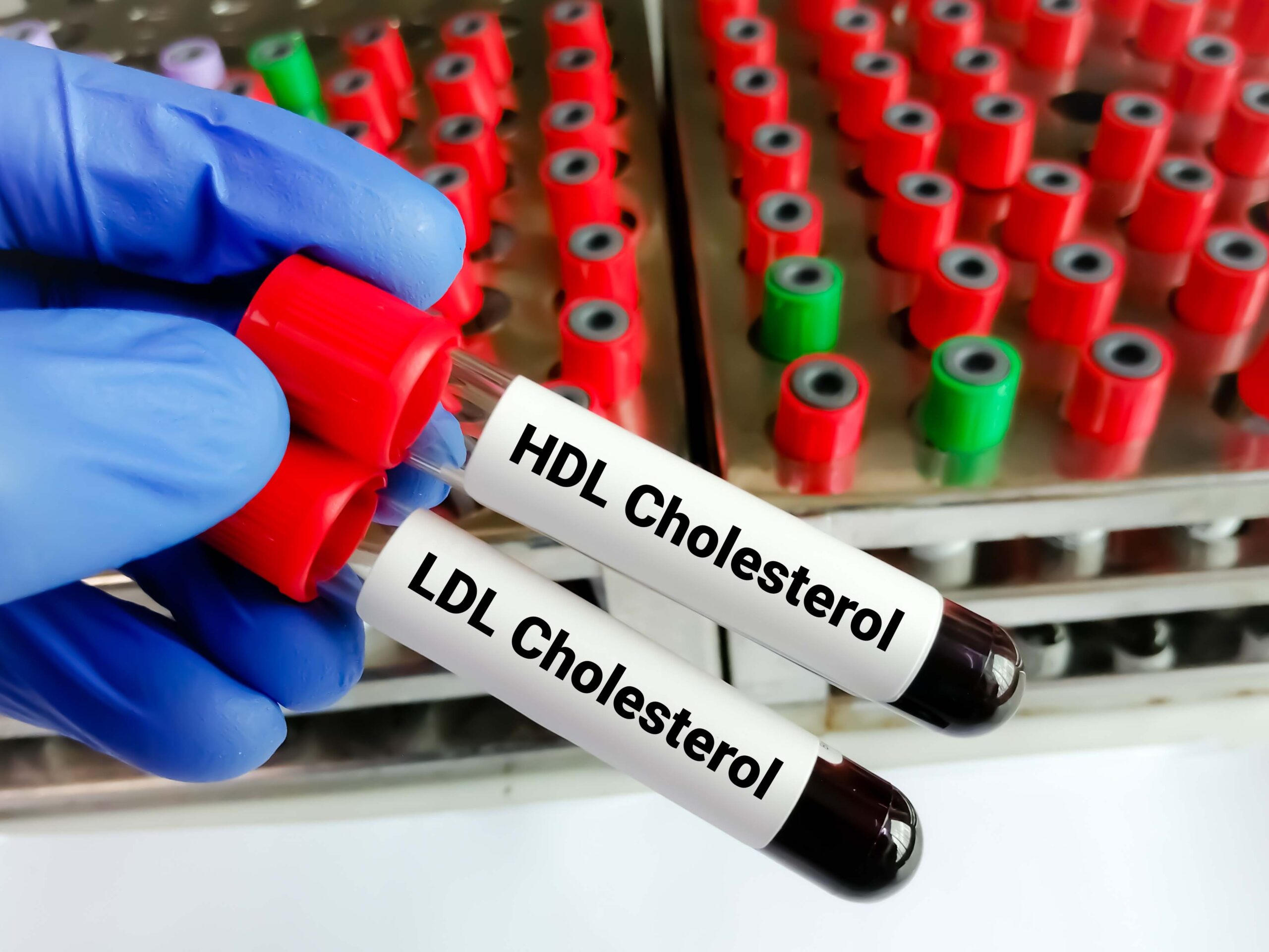
If you experience persistent fatigue, unexplained breathlessness, chest discomfort, or any of the other symptoms mentioned above, don’t brush them off. Schedule a checkup with your GP or a cardiologist. If symptoms are severe or sudden, such as chest pain with sweating, nausea, or fainting, seek emergency care immediately.
What If You Have Symptoms While Driving? If you start experiencing possible heart attack symptoms while behind the wheel, such as sudden chest pain, intense breathlessness, dizziness, or feeling faint, pull over to a safe spot as soon as possible.
Turn on your hazard lights and stop the car safely at the roadside or in a nearby car park. Call for emergency medical help immediately, such as 995 in Singapore. Remain in the car with your seatbelt fastened and door locked while you wait for help. If you have been prescribed heart medication (for example, nitroglycerin), take it as directed. Do not attempt to continue driving, even to the hospital. Continuing to drive could endanger yourself and others if you lose consciousness or control of the vehicle.
Take all new or unusual symptoms seriously; your quick actions could save your life or the lives of others on the road.
Listen to Your Heart’s Whispers
The heart rarely shouts for help until it’s too late. In Singapore, where heart disease remains a top killer, paying attention to the silent signs, fatigue, chest discomfort, and breathlessness, can make all the difference. This World Heart Day, give your heart the attention it deserves. Schedule a checkup, adopt healthier habits, and encourage your loved ones to do the same. Your heart is speaking, are you listening?27



